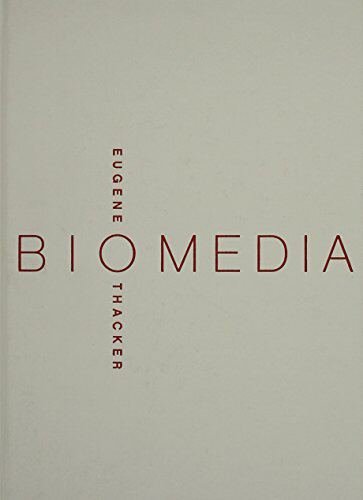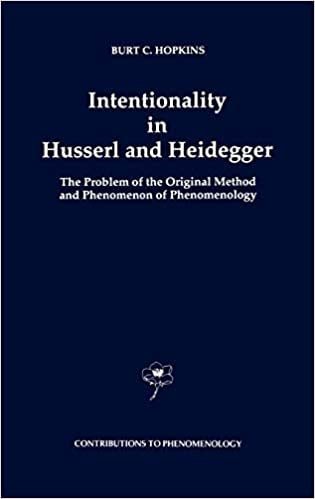

The Mirror Stage as Formative of the Function of the I
Private Book Reader
Upload and read your personal PDF books in our secure reader
Read Your Private BookShort Audio Book Summary
The Mirror Stage as Formative of the Function of the I Summary
0:00 / 0:00Reviews
No review yet. Be the first to review this book!
Description
"The Mirror Stage as Formative of the Function of the I" is one of Jacques Lacan’s most influential and widely studied essays, originally delivered in 1949 and revised in 1966 for his collected writings, Écrits. This foundational text introduces Lacan’s concept of the "mirror stage," a pivotal moment in his rethinking of psychoanalytic theory and the development of human subjectivity. In the essay, Lacan describes the mirror stage as an early developmental phase, typically occurring between six and eighteen months of age, when an infant first recognizes their reflection in a mirror. According to Lacan, this moment is crucial because the child identifies with the image they see—an idealized, unified body—which contrasts sharply with the child's own feelings of physical fragmentation and lack of coordination. This identification marks the formation of the "I" or ego, an essential structure in the psyche, though it is founded on an illusion or misrecognition (méconnaissance). For Lacan, the mirror stage is not merely a developmental milestone but a structural moment that inaugurates the subject’s entry into the Imaginary order, where images, illusions, and identifications play a dominant role. The child’s identification with the mirror image initiates the alienation that characterizes human subjectivity: the self is always mediated by external images and shaped by the gaze of the Other. Lacan argues that this misrecognition lays the groundwork for the subject’s insertion into the Symbolic order, where language, law, and social structures come into play. The mirror stage also explains the persistent tension between the ego (the imaginary, coherent self-image) and the fragmented, unconscious drives that characterize human experience. In "The Mirror Stage," Lacan reinterprets Freud’s theories through the lens of structural linguistics and philosophy, linking psychoanalytic theory to broader questions of language, identity, and representation. The essay emphasizes that the ego is fundamentally an object of misrecognition and that subjectivity is constituted through a relationship with external images and symbols, rather than an internal, coherent essence. This brief but profound work is considered a gateway to understanding Lacan’s psychoanalytic framework, including his later theories on the Real, the Imaginary, and the Symbolic. It has had an enormous influence on philosophy, literary theory, film studies, and cultural criticism, where concepts of identity, representation, and the construction of the self remain central debates. In sum, "The Mirror Stage as Formative of the Function of the I" offers a powerful rethinking of the human subject’s formation, emphasizing alienation, misrecognition, and the central role of the Other in shaping identity.






















.jpg)












.jpeg)










.jpg)
.png)







.jpg)

.jpeg)



.jpeg)







.jpeg)


.jpg)




.jpeg)

.jpg)

.jpg)




.jpg)











































